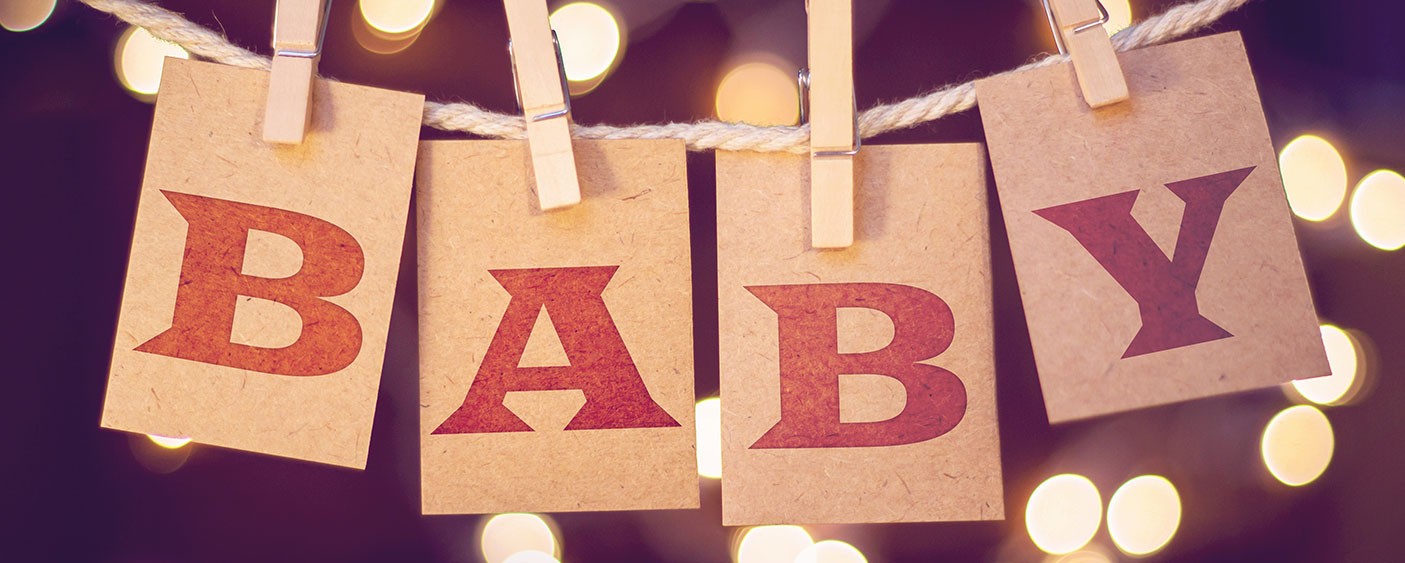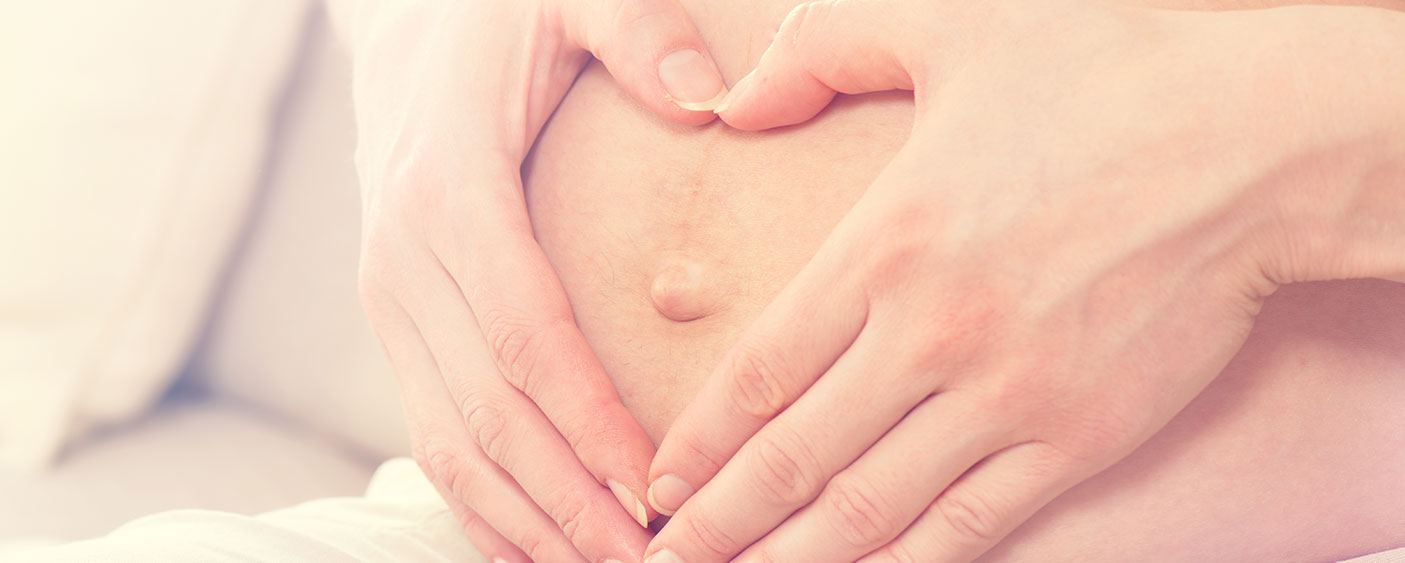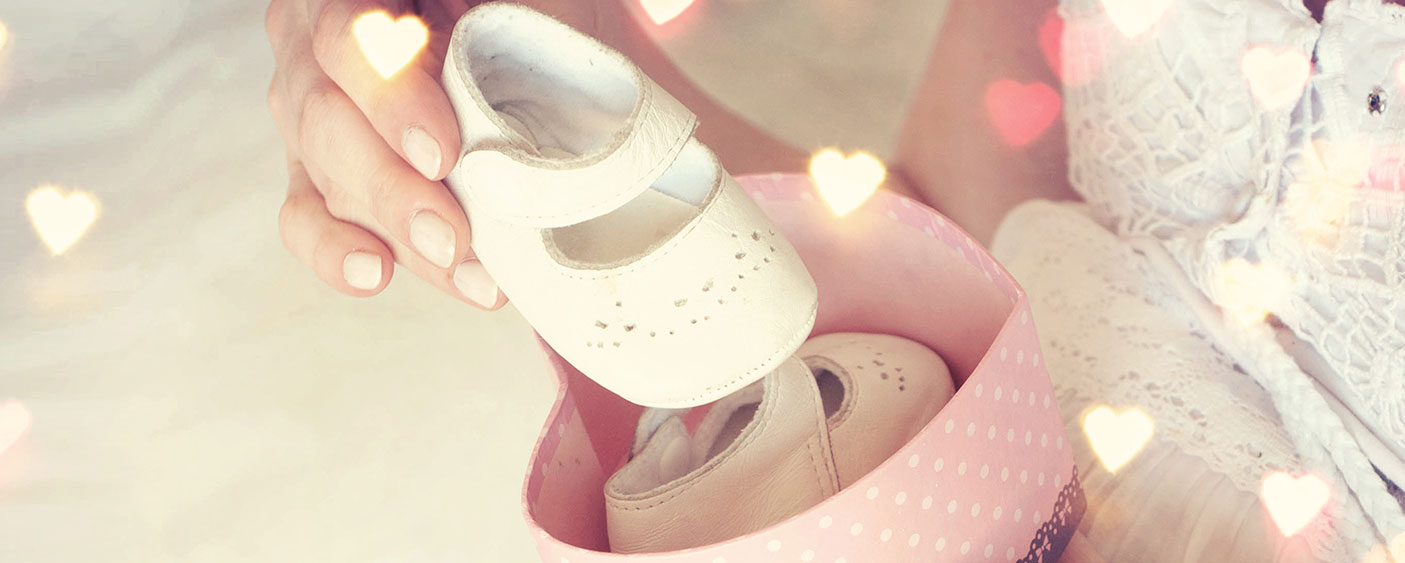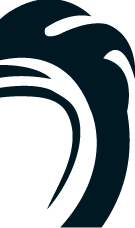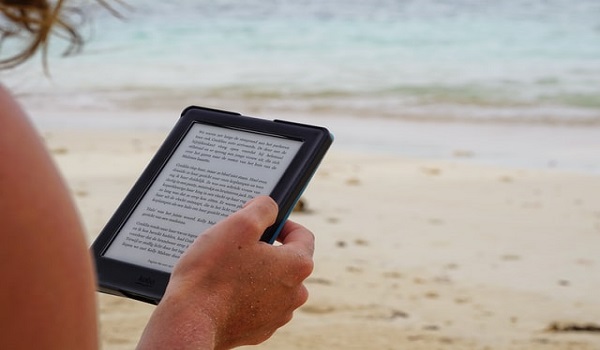Frequently Asked Questions
How old is Chinese medicine?
Chinese medicine is the oldest medical system in the world that is still practiced today. It has been used as a healing modality for more than 5,000 years in China and is now practiced in the Western World. Acupuncture was introduced to Australia during the 'gold rush' period of the 19th century. The first Australian private college of Chinese medicine was established In 1984 and Traditional Chinese Medicine was endorsed by the Australian Medical Association in 2001. Acupuncture has experienced rapid growth over the past few decades. In 2014 research found that 10% of Australians had received acupuncture treatment in the previous year and 80% of GPs had referred their patients for treatment at least once.
What conditions can acupuncture treat?
Acupuncture is effective in treating a range of conditions. In fact the World Health Organisation recommends acupuncture for over 100 conditions. This includes acute conditions - those with a sudden onset, which have occurred recently - or chronic condition that have been problematic for a long time. If you are interested in learning if acupuncture can help a specific condition, please contact us to discuss treatment.
How often should I be treated?
Treatment depends on the duration, severity and nature of the condition being treated. There is no 'one size fits all' approach, your practitioner will create a customised treatment plan for you at your first appointment. An acute condition may only need two to three treatments, while chronic conditions may take many treatments to help resolve. Some degenerative conditions may require ongoing treatments over time for maintenance. Fertility treatments follow certain protocols which will be discussed with you at your first appointment.
Typically, patients are treated once a week to begin with. If the condition is acute and painful, more frequent treatments may be recommended. Eventually, patients need less frequent treatments and then come only periodically for maintenance.
Is Acupuncture safe?
Numerous studies around the world have found that when acupuncture is performed by a qualified practitioner it is a safe and useful treatment for many different disorders. Occasionally spot bleeding occurs at the needle site, though because the needles are very fine this is rare. Sometimes we encourage bleeding to occur, however, your practitioner will discuss this with you before treatment.
Do I need to make an appointment or can I just walk-in?
Our practitioners are usually fully booked on the days we are open. We can sometimes accommodate walk-ins if there has been a cancellation but it is preferable you call or email to book an appointment so that we can align you with the practitioner who will best suit you.
How long does a treatment take?
For the first consultation you should allow at least an hour and a half. During the initial appointment your practitioner will talk with you for a while, take a full history and devise a treatment plan. The first appointment also includes an acupuncture session. After the initial session follow up treatments usually go for 45 minutes to one hour, depending on your condition.
What are the side-effects of acupuncture?
There are very few side effects of acupuncture treatment. A feeling of euphoria, relaxation and general wellbeing is commonly experienced during and after the treatment. On very rare occasions you may feel faint or nauseous during the treatment, in which case the practitioner will remove the needles and have you lie down for a few minutes until you feel better. Occasionally there may be slight bruising around the acupuncture needle site. The bruises are usually no bigger than a five-cent piece, and clear within a few days.
What are the needles like?
Acupuncture needles are small and hair-thin. They are solid and do not contain any medicine or "drain" any fluids, they are used to stimulate specific acupressure points. Our practitioner do not not reuse needles. Only sterile, disposable needles are used so there is no risk of infection. Acupuncturists use a needle once then dispose of it in a sharps container.
Does it hurt?
Acupuncture needles are not much thicker than a strand of hair, and their insertion is painless. Needles can be quickly adjusted if the patient does feel discomfort though. Once the needles are inserted, they may be manipulated to obtain a mild "Qi" sensation. This is how an acupuncturist engages the energy in your body in order to keep it balanced. Often patients describe the sensations as a heavy, numb or tingling sensation. Most people are surprised at how painless and relaxing acupuncture is and many people actually fall asleep during treatment!
How many acupuncture points are used during a treatment?
This is a very difficult question as practitioners will often use different techniques depending on the condition being treated. A general acupuncture treatment will require anywhere between 7 and 20 points, however in a recent survey most acupuncturists said 10-12 points was the average.
Can I have too much acupuncture?
In China, acupuncture is often given to patients every day. However, in Australia this may not be practical. Acupuncture once to twice a week is ideal during the initial "crisis" stage of an injury or condition and this can be gradually reduced to once a fortnight, once a month and once every three months when the injury or condition has improved. Regular, ongoing treatments are advised to maintain good health.
Can Acupuncture and Traditional Chinese Medicine be combined with other treatments?
As a general rule, acupuncture complements other treatments (including osteopathy, chiropractic, psychology and physiotherapy etc). It is important to inform other practitioners, including your GP, if you are having acupuncture or taking Chinese Herbal Medicines. Equally, it is important that you inform your acupuncturist of other treatments you are having and/or medications you are taking (including herbs and homeopathic remedies).
What do I wear?
There are acupuncture points all over the body, however, the most common points are on the arms and legs and on the back and stomach. Wearing loose fitting, comfortable clothing is advised. This allows the points to be easily accessible and avoid any discomfort during the treatment. In most cases you will be asked to remove your shoes before you lie down on a massage table.
Do you only treat women?
Because we have a focus on women's health, the majority of people who come to us are women. However, we also have a focus on fertility and male infertility affects around 50% of couples trying to conceive so we see a lot of men for this reason. We also support a range of health issues which affect people regardless of gender such as musculoskeletal issues (.e.g back pain) and stress and anxiety. We see children too though when considering Traditional Chinese Medicine it is advisable to factor in the child's ability to be compliant with treatment.
Who should NOT have acupuncture?
There are a few medical conditions which are not suitable for acupuncture. These are:
* Psychiatrically unwell
* Unable to give informed consent
* Intoxicated persons (alcohol or other drugs)
* Epilepsy
* Bleeding diathesis (haemophilia or other blood disorders)
Please tell your practitioner if you have any of these before treatment.
How long is a course of acupuncture?
This is a difficult question as acupuncture treatments will vary for each person depending on the condition. A common philosophy is that for every month a patient has experienced a disease or condition, they will require a month of treatment. An acute injury - such as a muscle strain - will need more frequent treatments for a shorter period of time, perhaps twice a week for one or two weeks. Treatment sessions for a chronic condition may be spaced further apart but can be a longer process. If the condition is severe, up to 10 or more sessions may be required. For most conditions having a minimum of four sessions of acupuncture is advised in the first instance. This is usually once a week for four weeks or even every second week for eight weeks. It may take about six weeks of weekly treatment for a condition to be noticeably relieved, but this is dependant on each individual patient and how they respond to treatment. After these initial treatments, additional "maintenance" sessions may be required for chronic conditions or to manage flare-ups.
How will I know if it is working?
Depending on your condition, it may take a few treatments before you see the effects of Chinese Medicine. What you will typically experience immediately is a feeling of relaxation which is usually noticeable in the first few minutes of treatment and may last several hours and sometimes several days. The effects of acupuncture are cumulative - the more you have it, the more you notice the results. If you are not getting the treatment response you want, talk to your practitioner about other options or other treatment modalities such as electro-acupuncture or moxibustion.
Can acupuncture be used for post-operative care?
If you have just come out of hospital, you may like to consider acupuncture and Traditional Chinese Medicine as part of your post-operative care plan. This would mean you would see a GP, your hospital specialist and an Acupuncturist to help speed up your recovery process. The GP will be responsible for ensuring there are no infections following surgery, whereas your acupuncturist will help with pain management as well as rebuilding your immune system to support your body to heal itself during recovery.
What is Moxa?
Moxabustion, or moxa for short, is an ancient form of heat therapy that is believed to predate acupuncture. Moxa uses the dried ground-up leaves of the mugwort plant which are rolled into cigar-like sticks, and then lit and held over the body to stimulate the required acupuncture points. The heat never gets close enough to burn the skin, and most patients find the warmth extremely relaxing. Sometimes patients are taught how to do moxa on themselves at home as part of their treatment.
Chinese studies show that moxa therapy increases digestive function, increases white blood count and platelets when burned over significant acupuncture points, and may have a positive effect on our immune system. In addition, moxa therapy is frequently used to turn breech babies with a high success rate.
What is cupping?
Cupping is an ancient technique used both in China and the West. The traditional process uses bamboo jars heated to create a vacuum and placed on the body to relieve acute conditions - such as colds and respiratory illnesses - and chronic pain associated conditions by relieving stagnation and congestion. These days cupping is done with glass jars and often used for upper or lower back ache, neck pain, and shoulder pain.
Cupping can leave a round shaped bruise on the skin, however your practitioner will discuss if this will happen to you prior to conducting the cupping. Our practitioner Diana had a phone call from a new patient who was in tears as she was getting married that day and had been to another acupuncturist the day before who gave her cupping all over her back without discussing the bruises she would get. The poor girl was beside herself. This is why our practitioners fully discuss each and every treatment option with you prior to commencing treatment.
Do you recommend Chinese herbs?
Yes. Chinese herbal medicine is a major component of Traditional Chinese Medicine and has been used for over 5,000 years in China and more recently (in the last approx 60 years) worldwide. Chinese herbs have shown their effectiveness under the scrutiny of both empirical study and modern clinical trials, and are often recommended to supplement acupuncture treatments.
For some conditions, herbs can be provided in pill form or can be customized into granules, which are dissolved in water and drunk. The benefit to a customised formula is that it is tailored specifically to you and your unique condition, so it is best not to share your formula with other people as it might not suit them, just like prescriptions.
Whichever form your herbs are in, only the highest quality herbs that have undergone strict testing and quality control will be used in the clinic and prescribed for you.
How do herbs differ from Western medicine?
Chinese herbal formulas tend to be much gentler than western medicines. They work not only to help relieve symptoms but also to help return the body to balance and equilibrium, where it should be! Unlike Western medications, herbal formulas can be customised for the individual and are often modified as treatment continues to meet the changing needs of the body and your condition.
Ultimately the aim is to restore and maintenance balance so sometimes there will be a break in your herbal treatments. This allows the body to learn how to cope with its new-found synergy and maintain harmony.
Can I take Chinese herbs while on medication?
It is usually safe to take Chinese herbs with Western medications. However, it depends on the medications you are taking and some herbs have interactions with certain medications. This is evaluated on a case-by-case basis and it is extremely important to bring a complete list of all medications, vitamins and supplements that you are taking to your initial appointment so that your Traditional Chinese Medicine practitioner can ensure there will be no conflict between your medications.
How quickly can I expect to feel better?
Acupuncture is a natural medicine that is assisting your body to make changes. This can be a sometimes gradual process. Some patients experience dramatic results with just one or two treatments but most see results build over several treatments. Some relief should be apparent immediately for acute conditions, or eight to ten treatments for more chronic conditions. In general, most people experience better energy and a feeling of well being after the very first treatment.
I have private health insurance, does it cover acupuncture / remedial massage?
According to the Sydney Institute of Traditional Chinese Medicine, all private Australian health insurance plans offer rebates for acupuncture. Please check with your private health insurance provider to find out if your policy covers acupuncture and / or remedial massage. For more information about massage therapy, please see our massage information page.
Acupuncture is also covered by Workers Compensation, though you need a referral from your GP to go ahead with a course of treatment. If you need help with this process please don't hesitate to contact us.
Payment for your treatment is due at the time of your visit. If your private health fund qualifies we can usually process the rebate via HICAPS at the time of your appointment and you only have to pay the difference. Depending on your individual health fund cover, you could be out of pocket anywhere from $16 to $65.


